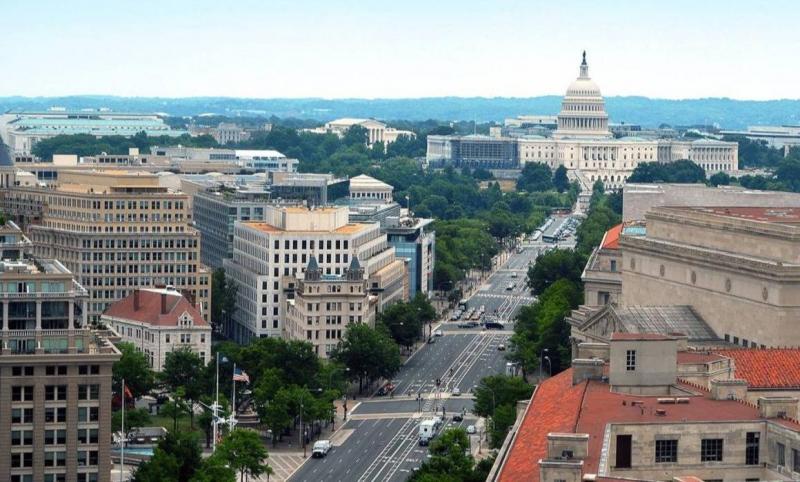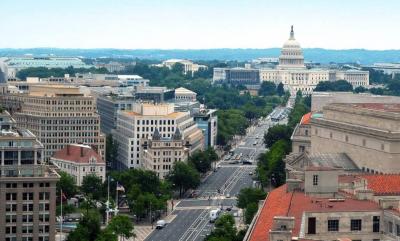June is National Immigration Month in the United States, a time to reflect on the special role migrants play in enriching this country. Far from being a threat to America's vitality, immigration has been a life-giving force in every generation that helps the country grow. This is evident in communities across the United States where new immigrants and refugees bring their hopes and dreams for a better life, along with their energy and determination to thrive and support their families. They have also contributed unique cultural characteristics that help make America the nation it is today. However, this often gets overlooked during times of economic stress or political polarization, with a backlash from xenophobic extremists demanding to close America's doors. Migrants are portrayed as a threat to the economic welfare of citizens and "American culture." They raise slogans like "You will not replace us," or "Immigrants do not share our values," or "They will taint the blood of the country." What these anti-immigrant extremists forget is that their ancestors often encountered the same fears and exclusionary slogans when they first came to America.
We also forget that there is no unique American culture without contributions from immigrants. What would American culture be without the music and dances of Scottish, Irish, and African Americans, the food of Italians, Chinese, Mexicans, Greeks, and Arabs, or the arts and humor of Eastern European Jews, and the contributions to science, medicine, art, and business from countless others who have made us the country we are today.
These competing visions of America have emerged in successive waves. Sadly, some descendants of earlier waves of immigrants, who were despised a century ago, have today become xenophobic. But fortunately, the extremists of every era, after causing short-term damage, have always lost out to the broader American spirit of inclusivity; when inclusion wins, America wins.
My recent visit to my hometown, Utica, New York, was illustrative. Utica has always been a community of immigrants. Initially, Germans and Welsh came, followed by the Irish, to dig canals and work in the city’s factories. Then, starting in the early 20th century, there was a massive influx of immigrants from Italy, Eastern and Central Europe, and Lebanon. By the mid-century, Utica's population exceeded 100,000, living in ethnic neighborhoods and working in factories for middle-class wages. The neighborhood I lived in was predominantly Italian, with some Poles and the remnants of the shrinking German population of Utica.
When the factories closed in the latter half of the century, moving production to the non-union South or overseas, the city began a slow, steady decline. The population halved, houses were abandoned, neighborhoods fell into decay, and businesses closed. During that time, the residents of Utica did something very American; they opened a refugee center that attracts migrants and refugees from everywhere. They welcomed newcomers, helped them resettle and find work, and provided the necessary services for cultural integration into a new environment. The success of this endeavor is evident. After decades of decline, Utica's population has returned to 64,000, with thousands of Bosnians, Burmese, Russians, Vietnamese, Africans, Latin Americans, and Arabs (from Iraq, Sudan, Somalia, and Yemen) settling in Utica.
My sister pointed out the rich cultural diversity that fills her street, where families from Sudan, Burma, Poland, Bosnia, along with African American and Latino families, live side by side. Additionally, businesses that were once closed have reopened, and homes and neighborhoods that seemed beyond repair have regained their original beauty. Gardens are growing everywhere, and children are playing in parks. The city has come back to life. The latest census shows that nearly one in five Utica residents was born abroad, and forty different languages are spoken in the city. In less than a generation, these diverse groups will become American, embracing their favorite baseball or soccer teams, with children listening to popular music, and will be American, transforming America itself through their presence and contributions. My friend Mike Baroudi, a Lebanese American who served in the Reagan administration, calls this the wonderful chemistry of becoming American - when immigrants become Americans, their addition to our cultural fabric changes America. A final word to the xenophobes: it is this inclusive and transformative quality that has made America great, not your exclusionary bigotry.




